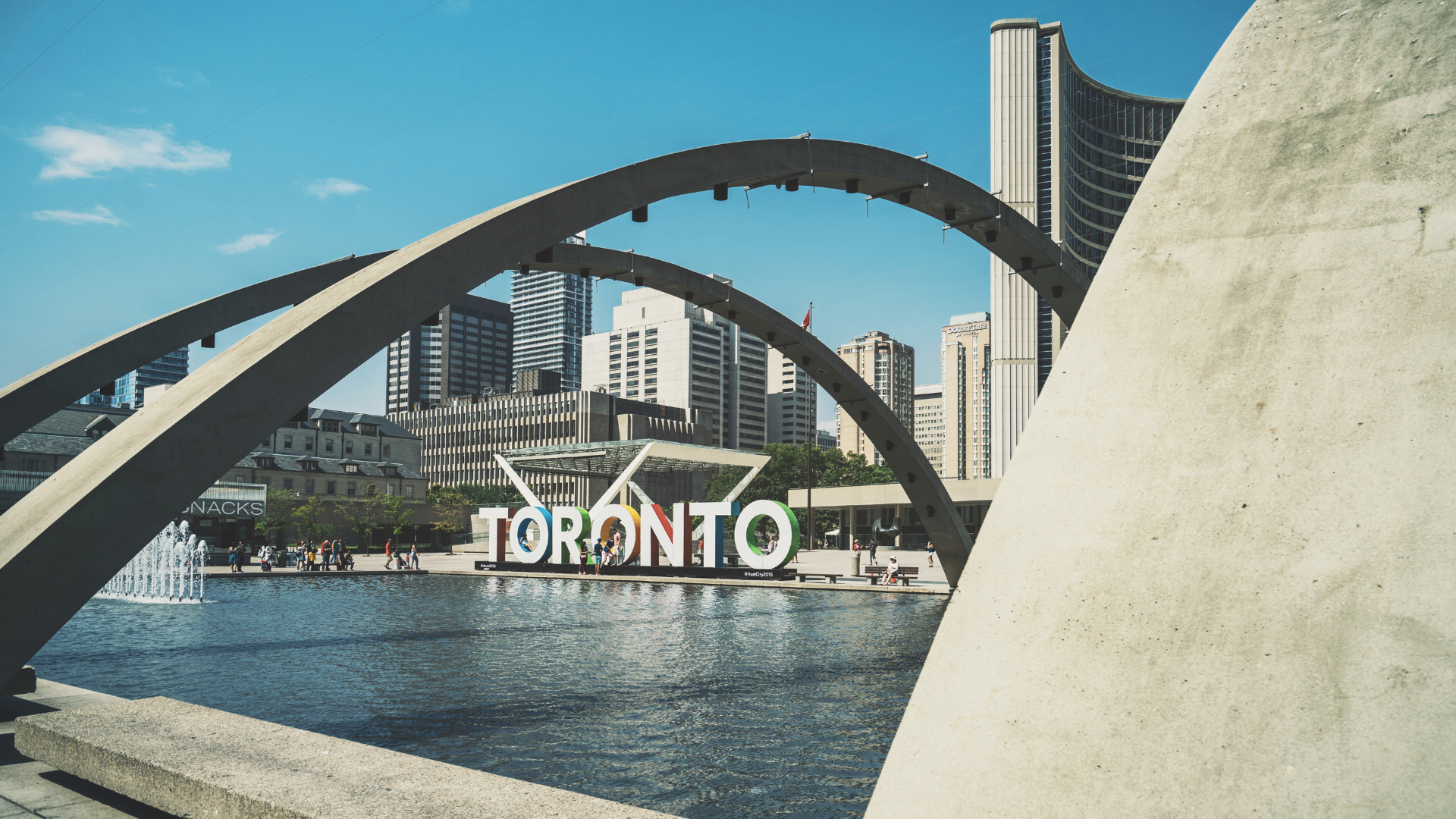Your Guide to Work Permit-Exempt Individuals in Canada

If you’re planning to work in Canada, you may not always
need a work permit. Depending on the type of work you’re doing and its
duration, you might qualify as work permit-exempt. Here’s a simple breakdown of
how to determine if you’re exempt and which roles fall into this category.
Who Might Be Work Permit-Exempt?
Work permit exemptions apply to certain categories of
foreign nationals. These exemptions mean you can work in Canada without having
to obtain a formal work permit. Common examples include:
- Maintained
Status:
If you’ve previously held a valid work permit, applied for a new one before your original expired, and remained in Canada, you can continue working under the same conditions until a decision is made on your application. - International
Students with Valid Study Permits:
Students can work off-campus for up to 24 hours per week during classes and unlimited hours on campus or during scheduled breaks—without needing a separate work permit. - Foreign
Representatives and Family Members:
Accredited diplomats and their family members can work without a work permit while performing official duties in Canada. - Foreign
Government Officers:
Officers participating in international exchange programs between governments may qualify for exemptions, particularly if they’re not working at an executive level. - Military
Personnel:
Under the Visiting Forces Act, military personnel on official orders can work without a permit. - Convention
Organizers:
Those organizing events like corporate meetings, trade shows, or exhibitions can often do so without needing a work permit. - News
Reporters and Media Crews:
Journalists reporting on events in Canada for non-Canadian outlets don’t require a permit. - Public
Speakers:
Guest lecturers and seminar leaders presenting for fewer than five days can speak in Canada without a work permit.
What to Keep in Mind
Although being work permit-exempt can simplify your transition to working in Canada, it doesn’t guarantee entry into the country. You’ll still need to meet regular immigration requirements, such as holding a valid visa or electronic Travel Authorization (eTA) and demonstrating financial self-sufficiency.






